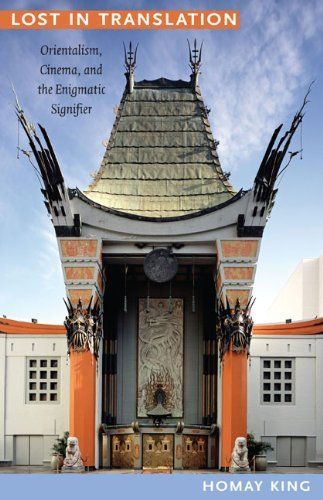
Lost in Translation
Elusive, subtle and atmospheric, Lost in Translation was one of the indie hits of 2004, earning widespread critical praise, awards and success at the box office. But what was the basis of its appeal and how exactly is the film marked as a distinctly independent work? This book, by a leading authority on contemporary American indie cinema, provides an in-depth analysis of the balance of more and less mainstream qualities offered by the film at all levels, from industrial factors such as funding, marketing and release strategy to formal qualities such as its low-key narrative structure and the impressionistic use of imagery and music. Other issues examined in detail include the role of stardom, particularly the role of Bill Murray, the distinctive 'auteur' contribution made by writer-director Sofia Coppola and the film's ambiguous relationship with the romantic comedy genre. Textual and industrial analysis is also supplemented by consideration of online responses to the film that offer insights into the various ways in which it was either appreciated or rejected by viewers.Key Features* A unique attempt to pin down the precise nature of the film and its appeal toviewers* A major contribution to our understanding of the contemporary American indie film landscape* Written by a leading authority on American indie film